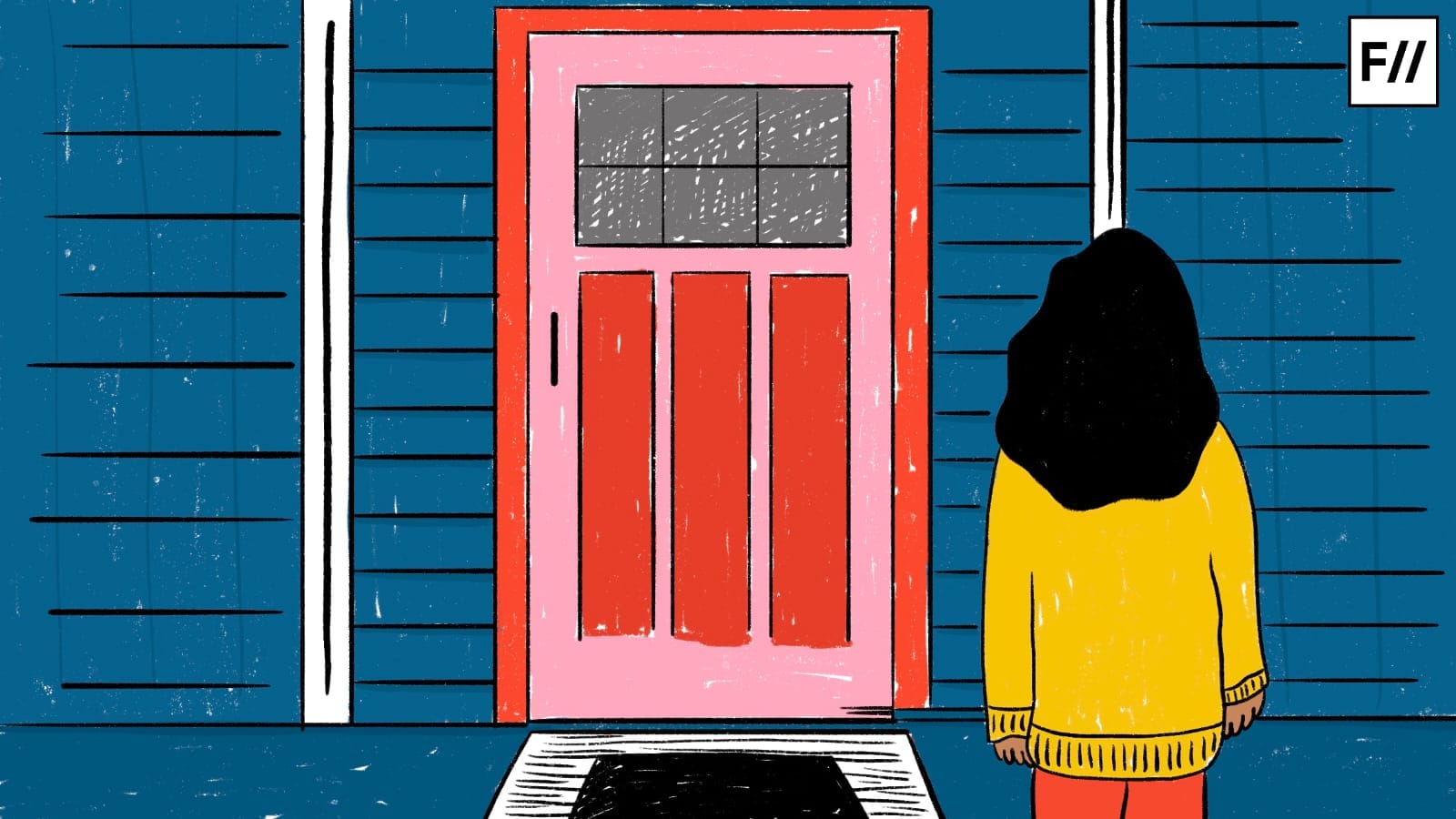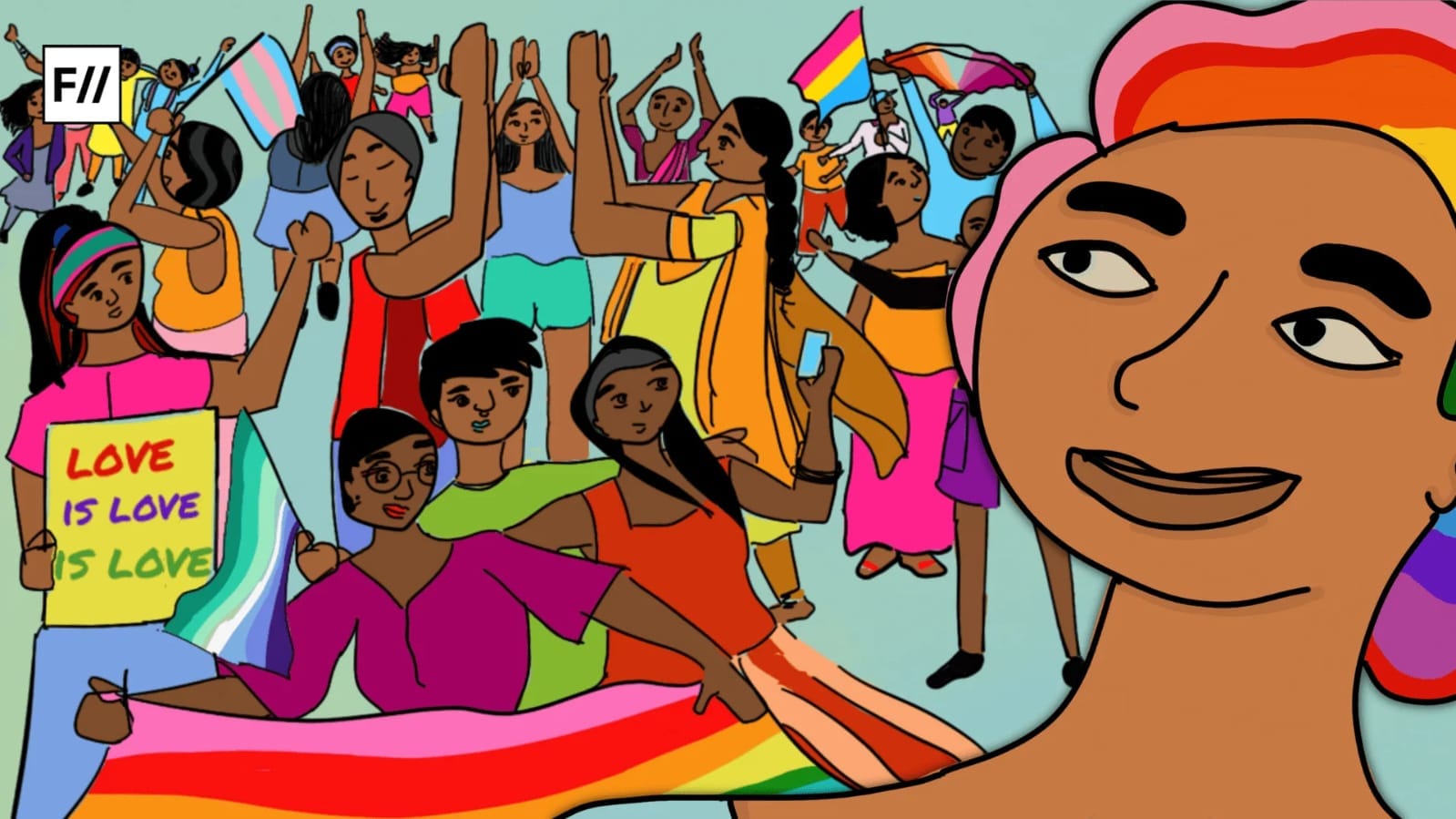Oh, honey, there is no ‘line.’ (in comedy) It’s just not funny. You should be blacklisted for how bad the joke is.
Deborah, from Hacks
Satire is meant to ridicule power. If you are laughing at people who are hurting, it’s not satire, it’s bullying.
Terry Pratchett
In 2017, Canada passed Bill C-16 in an attempt to stop hate speech against transgender folks. Since then, the self-proclaimed male saviours have come out and started a debate on the very existence of trans lives. This has led to the creation of an active playfield for comics not just to discuss these said laws but to have an active impact on the conversation.
Currently, more than 20 red states in the United States of America have laws against transgender people, right from rolling back the gender-affirming care for minors to passing bathroom laws which restrict the entry of transpeople. There seems to be a deplorable surge in the hate we as a society have against trans folks. The South Asian comedy circle which is waking up from its heavy post-colonisation, sees these straight, white, Western comedians as the gold standard in the field.
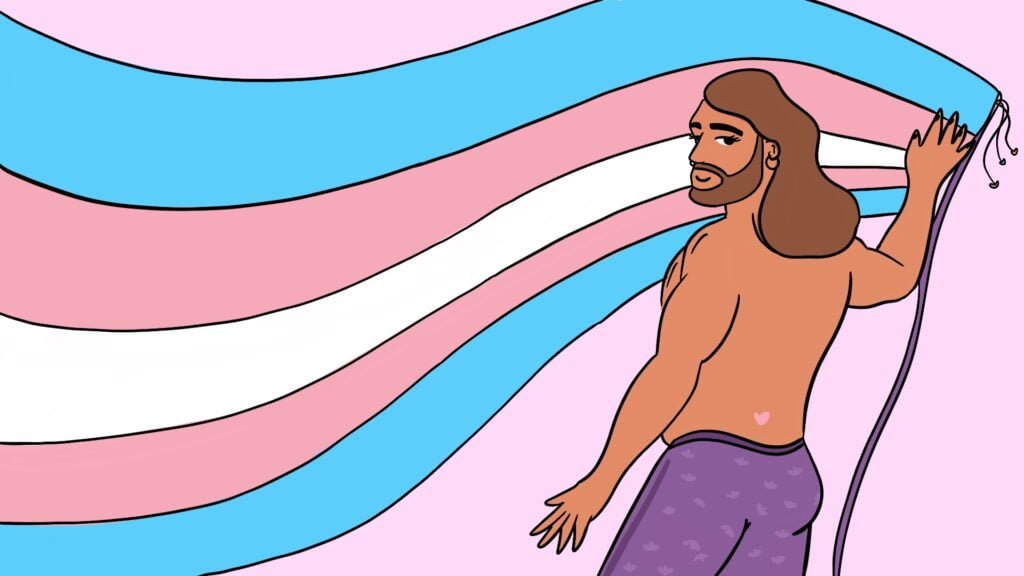
Considering a country like ours where trans kids do not even have the luxury to come out without the fear of honour killing, the comedy scene has been using trans identity as its weakest but quickest punchline- whether it is Bollywood cross-dressing its heroes for a cheap laugh or the comedy scene complaining about walking on eggshells on stage when it comes to jokes about the queer community. ‘If Vir Das can’t joke about it then how can we?‘ says an unnamed comedian, aged 29. Apart from completely missing the point, this apprehension goes on to show how lazy the South Asian comedy scene is since not being able to joke about trans people is a relevant and vital problem to them.
Laws are not drafted overnight and various factors contribute to something becoming a law. Conversations are significant in shaping these laws and often emerge from the current culture in comedy, music, and films. Art and literature reflect the nature of these conversions. Comedy is one of the most impactful ones of them all. There is a reason that no matter one’s age, class, and caste everyone has experienced a ‘wife joke’ made in bad taste at least once in their life. The subjects of these terribly sexist jokes include the wife who would fake a headache to deny the husband sex, the wife who is controlling, the insecure wife, the wife vs the mistress and so on. It is no coincidence that the ‘wife’ is the most disadvantaged member of society. Jokes reflect the conditioning carried out by society and reflect who is feared or hated and how.
This piece does not discuss the pressure of morality or political correctness on artists, I simply want to establish why the low-hanging fruit in comedy is not only easy and in bad taste but also unfunny and discriminatory. It is important to understand that it is not trans folks who usually get to decide what is ‘funny’. It is the culture and the time that decides it.
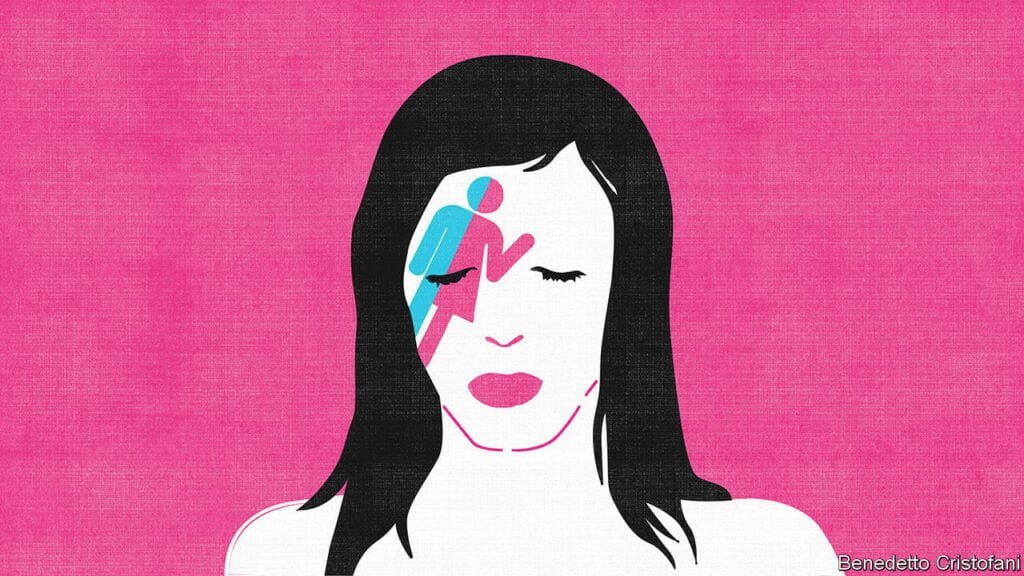
Towering giants like author JK Rowling, comedian and writer Ricky Gervais and Dave Chappel, are people with fame, money, influence, and an exhaustive list of accolades to their names. I personally do not believe that celebrities should be pressured to always speak in a morally responsible way since that is an unkind expectation on any human being let alone someone with a voice that people listen to. But it is crucial to ask ourselves why heteronormative culture is so insecure about trans identity and what makes these public personalities act the way they do. One of the running themes in all the problematic jokes and the animosity that define Rowling these days is her Trans Exclusionary Radical Feminism. Rowling and her community do not quite seem to understand the difference between gender and sex and re-enact their fear of the unknown through jokes where they hide behind transphobia or the infamous ‘that’s not womanhood‘ debate.
The resultant insecurity at the definition of ‘womanhood‘ being challenged and the fear of what one is reluctant to understand when mixed and performed as a set, creates an arena for hate.
Fighting the loss of relevance in comedy
The world is moving quite fast and we now have few but significant safe spaces for trans folks where they can genuinely exist, away from the dingy unnoticeable parts of society. Now, they also play a part in popular culture. The pace is slow, but this phenomenon is only going to grow with time. However this crucial change, when looked through the lenses of heteronormative fragility, reads like: ‘Trans folks are coming out of the woodworks for our jobs and influence.’
First of all, yes, they are. The awareness around trans identities has made their stories important and has garnered an audience like never before. This change in how we view trans folks and understanding the sensitivity with which their stories should be told and received can be unsettling to anyone who is intimidated by the growing relevance of trans lives in society.
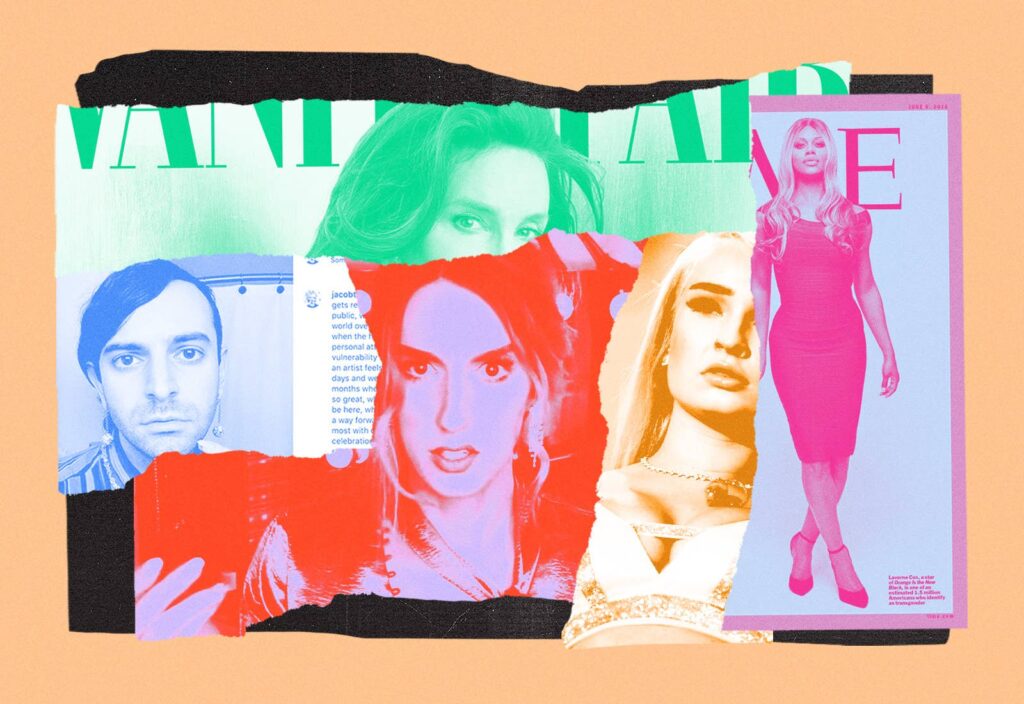
This is where it gets interesting- instead of acknowledging the powerful potential of trans narratives and using it to change and grow their worldview, these straight artists become defensive of their inherent heteronormativity and bigotry. This stems from their fear of losing relevance. So, unlike psychologist Jordan Peterson who uses pseudo-science to further hysteria around trans identity, these artists use the crutch of ‘freedom of speech.‘
The comedians who cannot keep up with change will simply go out of style, making them irrelevant to posterity for not keeping up with the times. Even though at this moment, it may seem like the worst thing anyone can do to a transphobic comedian is to ‘cancel‘ them on Twitter, it is incomparable to the 20-plus states in the USA creating aggressive laws that decide how trans folks should or should not exist.
This is the same crutch a lot of Indian comedians also use to attack other minorities, making their jokes unfunny and easy to age and go out of style. Comedy grows and evolves with the ways of the world and it is an inevitable reality that the only way for the world is forward, making it impossible for even these giants to produce work that will age well with time. There is a reason we do not know the names of comedians who were writing anti-Semitic jokes right after the Second World War. But we all are aware of at least one Jewish comedian making fun of Hitler around that time. That is how any craft is- it grows and moves with time. The comedians who cannot keep up with change will simply go out of style, making them irrelevant to posterity for not keeping up with the times. Even though at this moment, it may seem like the worst thing anyone can do to a transphobic comedian is to ‘cancel‘ them on Twitter, it is incomparable to the 20-plus states in the USA creating aggressive laws that decide how trans folks should or should not exist.
Are comedians really at war with woke culture?
In contemporary discourse surrounding woke culture and its impact on comedians, there is a noticeable tendency among affluent, influential men to co-opt the experiences of the transgender community to talk about the perceived censorship in the digital sphere. This strategic employment of transgender individuals as rhetorical tools raise intriguing questions about the motivations and choices of these privileged comedians.
Even if we empathise with the frustrations expressed by comedians who find themselves constrained by the ever-evolving parameters set by the ever-changing culture of political correctness, the idea that a small group of teenagers on Twitter (at least that is what the comedians think the critical voice is made up of) wields the power to determine the boundaries of comedy is amusingly exaggerated and hilarious.
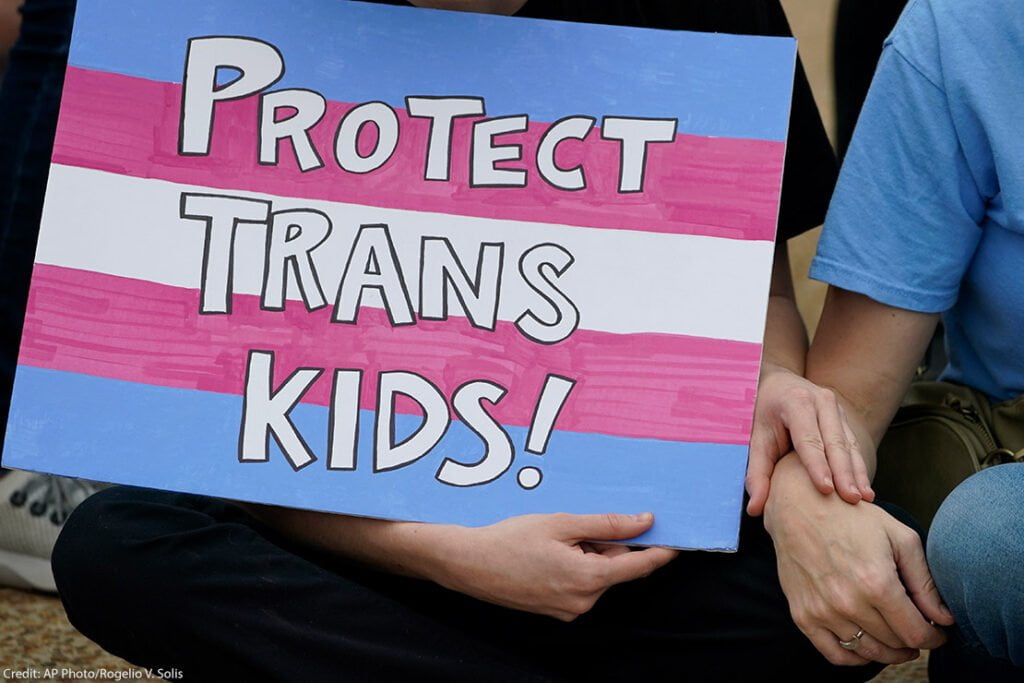
Undoubtedly, the unpredictability of what may be deemed offensive in the future and the potentially insidious nature of cancel culture as a form of online bullying are legitimate concerns. This becomes acutely evident in high-profile cases such as the highly publicised and televised legal battle between actors Johnny Depp and Amber Heard, where Amber Heard’s trauma was mercilessly used for memes and TikTok videos, not just invalidating the violence that she went through but also bullying other victims of domestic violence into silence. When three people laugh at a transphobic joke, they make their social conditioning known to their surroundings. That is, they let the room know if they find a transphobic joke funny. This attitude comes from the pre-existing prejudice that a comedian is not challenging because it is easier to feed into biases instead.
According to Forbes, 375 transgender people were killed in 2021. A total of 350 trans people were killed in 2022. Nine in ten (96%) of those murdered globally were trans women or transfeminine people.
According to Forbes, 375 transgender people were killed in 2021. A total of 350 trans people were killed in 2022. Nine in ten (96%) of those murdered globally were trans women or transfeminine people. These numbers cannot be separated from the loud and often unnecessary attacks on them by famous comedians whose microphones harbour hate for the community. It does not matter how many transphobic comedians claim that their best friends in the world are trans too. These seemingly harmless jokes shape the very real and unsafe world trans folks have to navigate every day.
During the Suffragette movement, there were countless jokes on feminist women that were sexist, violent, and borderline transphobic which is a perfect example of how far the oppressors are willing to go to stifle change. A lot of these deeply sexist jokes are still running in different shapes and forms and are targeted towards the ever-changing and growing definition of feminism. There has not been a single comedian who has died because of the public cancelling them on account of their transphobia, but the huge number of trans individuals who have died as a result of how they are perceived in society is telling. The persistent attack on the trans community through jokes not only dehumanises them but also otherises them, making the audience desensitised to the violence that is a lived reality for trans folks.
Jokes have shaped the way we think. They tells us who to fear and hate, so even if no comedian wants to take the responsibility of being woke, they cannot ignore the impact thar their transphobic joke has on the most marginalised community in society
The root of the violence against the trans community finds its first safe space in the apparently harmless jokes, reasserting the very argument of this piece: Jokes have shaped the way we think. They tell us who to fear and hate, so even if no comedian wants to take the responsibility of being woke, they cannot ignore the impact that their transphobic joke has on the most marginalised community in society.
Relatability and LGBTQIA+ comics
Kicking down or punching up marginalised people in comedy will never remain relevant, not necessarily because of a moral implication, but because bullying people based on their identity is simply not funny. Satire needs brilliant writing, more than that it needs empathy. So it may be easier and lazier to write comedy which kicks someone down. History has proven that it does not take a lot of talent to do that- one just needs a mic and the preexisting biases of people that one could feast on rather than challenge through one’s writing.
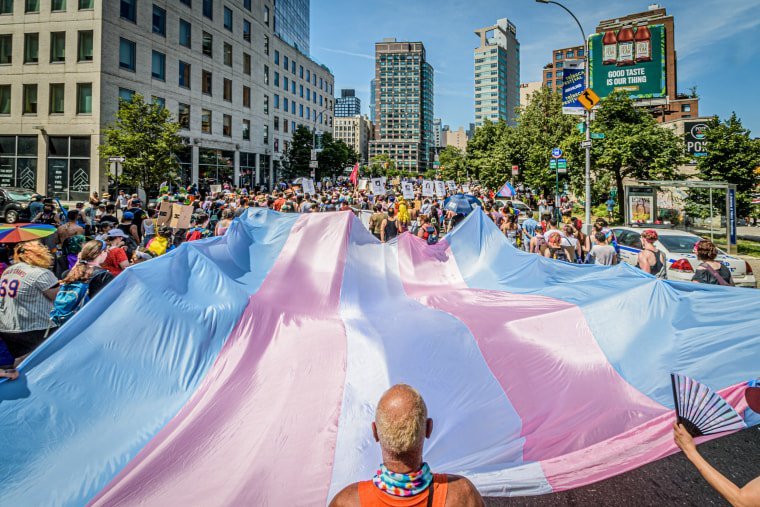
The rise of the likes of Mae Martins, Jes Toms, and Jaye McBride is proof that the change as sluggish as it may seem to be, is coming. Does it beg the question of relatability? Sure. What is more relatable than being told your dreams are invalid and that the world does not want you to exist? Yet you somehow go on. When it comes to LGBTQIA+ comics and the relatability of their content, it is of utmost importance to ask: what is more relatable than hope?


